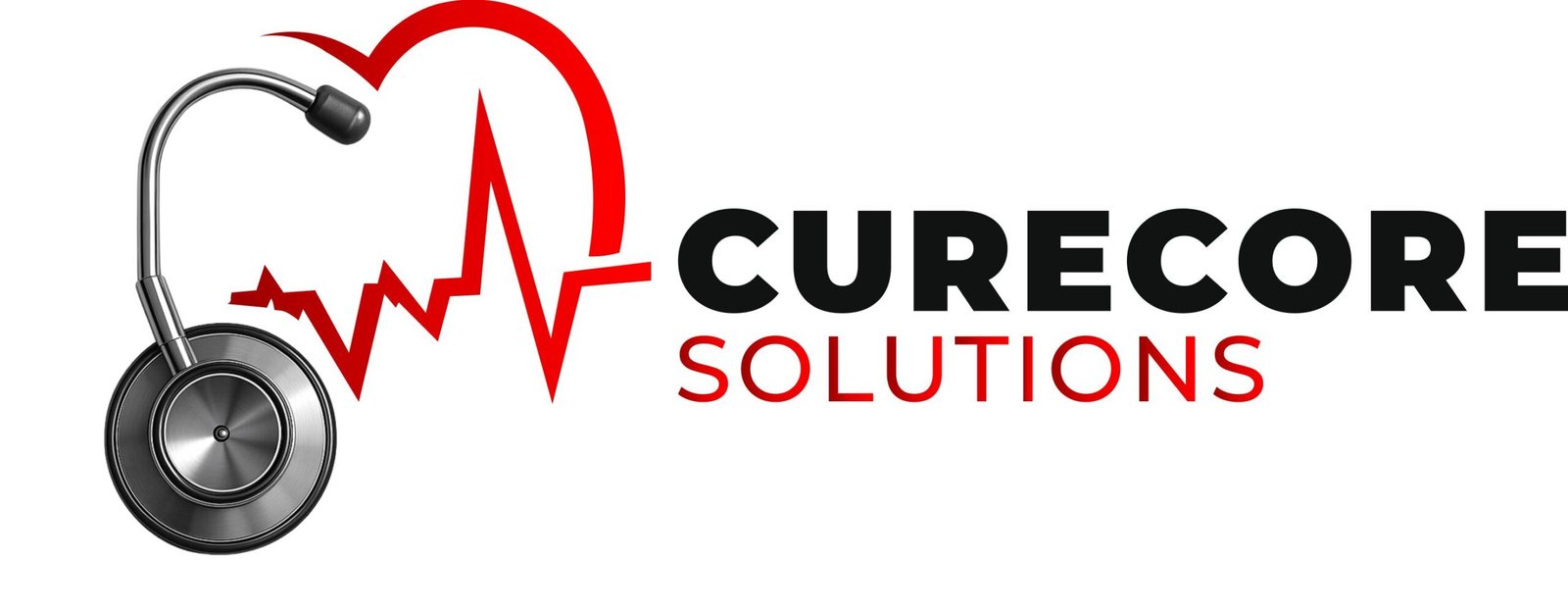The impending transition to the ICD-10 coding system is about to have a big impact on the healthcare sector, necessitating careful preparation from practices of all sizes. While larger healthcare institutions are already embracing the change, smaller practices may find themselves lagging behind. The shift to ICD-10 will affect various aspects of daily operations, including patient information management, billing processes, and revenue cycle management.
To gauge the extent of the impact, practices must consider several key factors:
- Utilization of ICD-10 Codes: Practices need to assess their current usage of ICD-9 codes and determine whether their systems, whether paper-based or electronic, can accommodate the transition to ICD-10. This includes verifying compatibility with their Electronic Health Record (EHR) systems and ensuring timely upgrades from their vendors.
- Claims Submission: Practices must ensure that their EHR systems are capable of generating claims with ICD-10 diagnoses and procedural codes compliant with HIPAA standards (Version 5010). Upgrading practice management systems to support Version 5010 claims submission is essential for seamless billing processes.
- Medical Record Completion: It’s crucial for practices to integrate ICD-10 codes into their clinical procedures seamlessly. This involves analyzing current code entry methods and transitioning from ICD-9 to ICD-10, especially if SNOMED technology is being utilized.
- Coding Efficiency: Practices should explore ways to streamline the coding process under ICD-10. This may involve developing reference guides, investing in software solutions for efficient coding, and providing training to support staff for quick adaptation to the new coding system.
By addressing these considerations and proactively preparing for the transition to ICD-10, practices can mitigate potential disruptions and ensure compliance with regulatory requirements. While the magnitude of the change may seem daunting, gradual familiarization with ICD-10 codes is key to successful implementation and operational efficiency.
